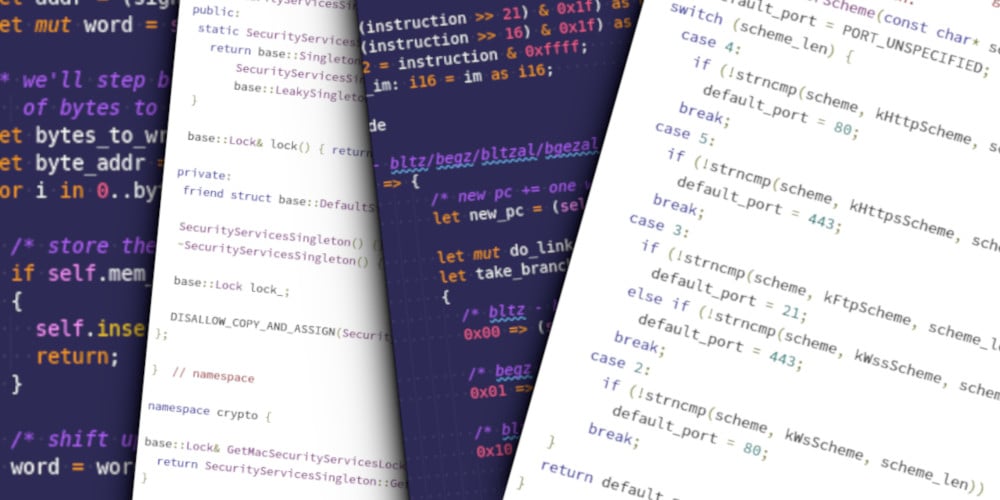What's wrong with using C?
Underfeatured language. Just look at bsearch and qsort and their interfaces with lots of casting.What's wrong with using C?
It's a low-level system programming language, so that is by design. If you need more features, you write them yourself. That was always the C philosophy.Underfeatured language. Just look at bsearch and qsort and their interfaces with lots of casting.
Underrated language you meant? C is raw power; you have to take care of managing this power. UNIX has been written in C, and if someone claims he can do better, I'll say: just do it!
This is true - to date I can get everything I need to get done in "C". This largely applies to "C++" as well since you can just write standard "C" code side-by-side with your "C++" code. Heck throw in a little assembly code into the source files as well just to mix it up.If you need more features, you write them yourself.
Zig bindings do better than others, but still a little fiddly. But the cost is that the language is almost as unsafe as C. It has allocators and defer but pointers can still absolutely dangle.Zig is said to have more streamlined FFI.
$ zig cc -target x86_64-windows-gnu main.c -o main.exe $ zig cc -target aarch64-linux-gnu main.c -o mainDon't forget ridiculous compile times and the bloat you get from their download-the-Internet package manager.Don't get me wrong. Rust is interesting. But there are issues with it (bindings, portability, limited vendors, etc) that mean it likely won't saturate the market in our lifetime. So professionally you are limiting yourself if you are solely focused on Rust.

I should have said "It's a low-level STABLE and STANDARDISED system programming language" ... blah blah blahIt's a low-level system programming language, so that is by design. If you need more features, you write them yourself. That was always the C philosophy.
This might be worth having a look at. MCGA - I like it

Hate Rust? Fil-C aims to Make C Great Again
: It's memory-safe, with a few caveatswww.theregister.com
I couldn't find a red cap so this will have to do! The brim is red anyway, and the future's so bright, you got to wear shades.
View attachment 24176
There is also "safe C" that has been around for ages.
The Safe-C Programming Language
The Safe-C Programming Language is a modern version of C whose objectives are speed and memory safety (by checking array indexes, pointers, etc ..)www.safe-c.org
I don't have any experience with either of them, but at least they should be linkage compatible with C.
I hope whitespace doesn't carry semantics in rust. Tell me it's not like py-crap. Please... !Don't forget ridiculous compile times and the bloat you get from their download-the-Internet package manager.
Sadly it appears to be a vintage baseball cap; https://www.mlb.com/news/featured/baseball-cap-history-and-timelinewhere does one acquire this hat plz thx
You're thinking things out all wrong, you just need to throw more of this sandpile stuff at the problem. If it's still too slow... more chips!!! Get those electrons working 996!Don't forget ridiculous compile times
It's not just a matter of coming up with a better language. It is also a matter of managing a mixed-language system. And that doesn't seem to go very well for the Linux kernel in the case of Rust.
Bindings seems to be a trap, don't you think a new language should start from scratch? This will avoid time wasted on mixing languages, for example Redox OS. Yes, I know: big work ahead.
